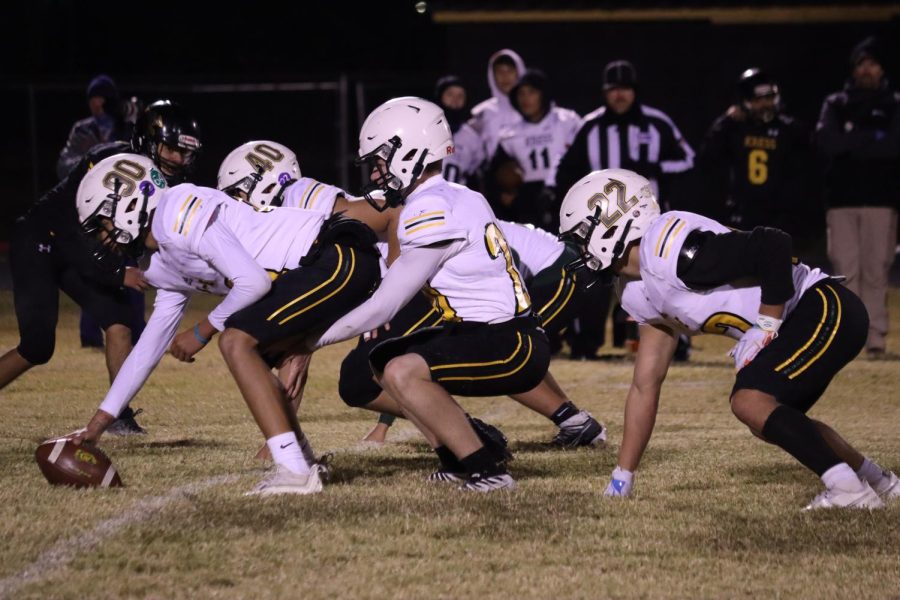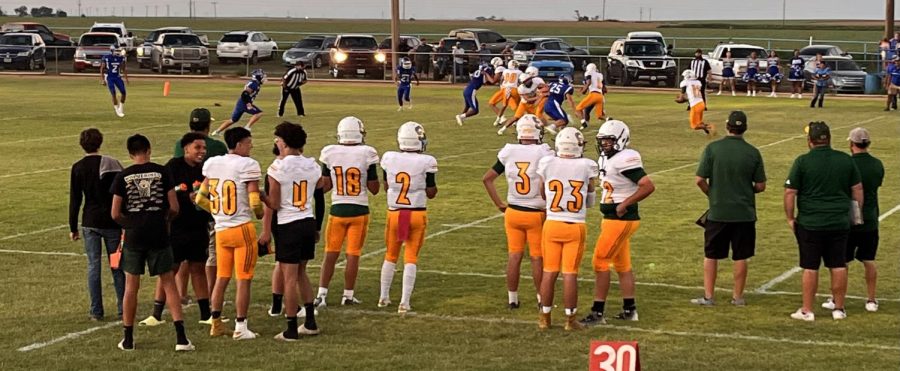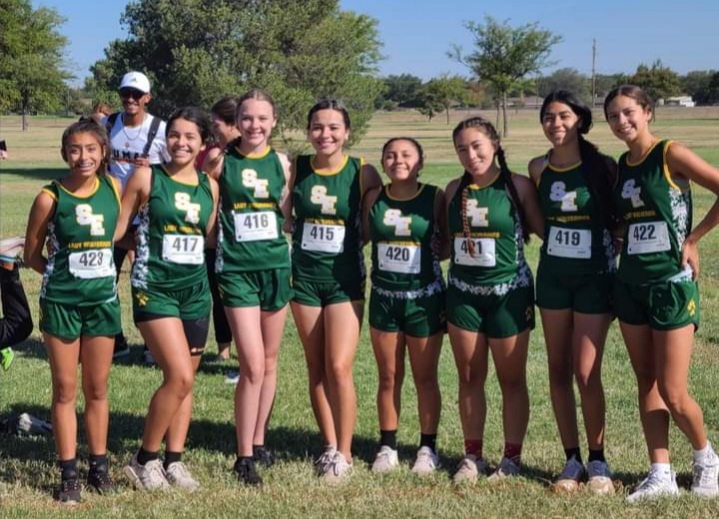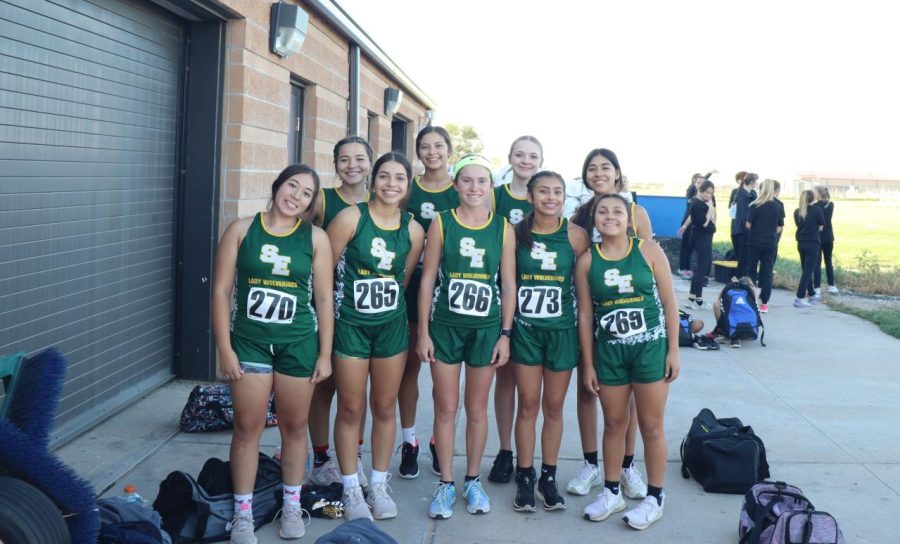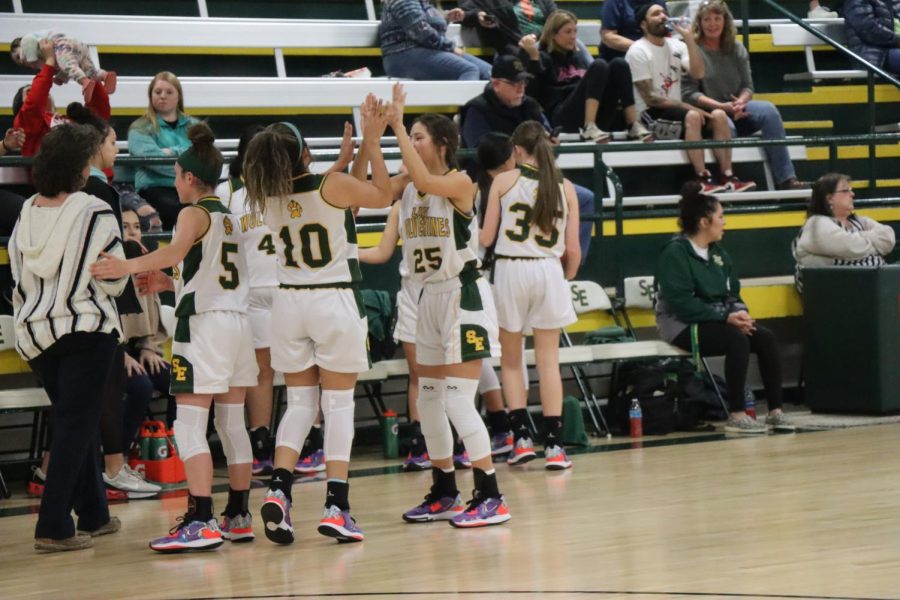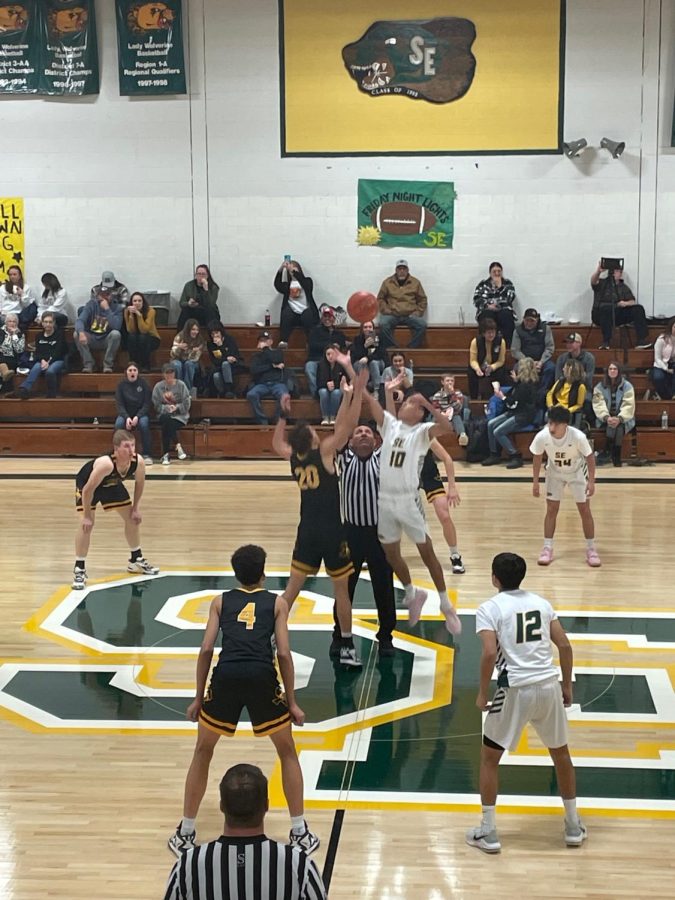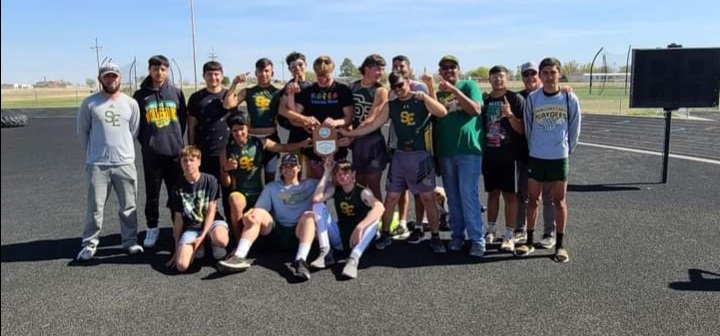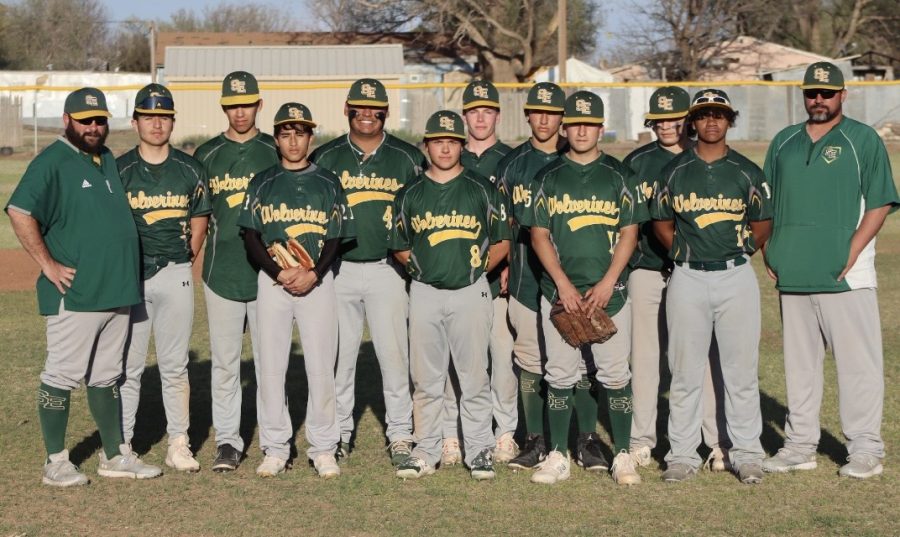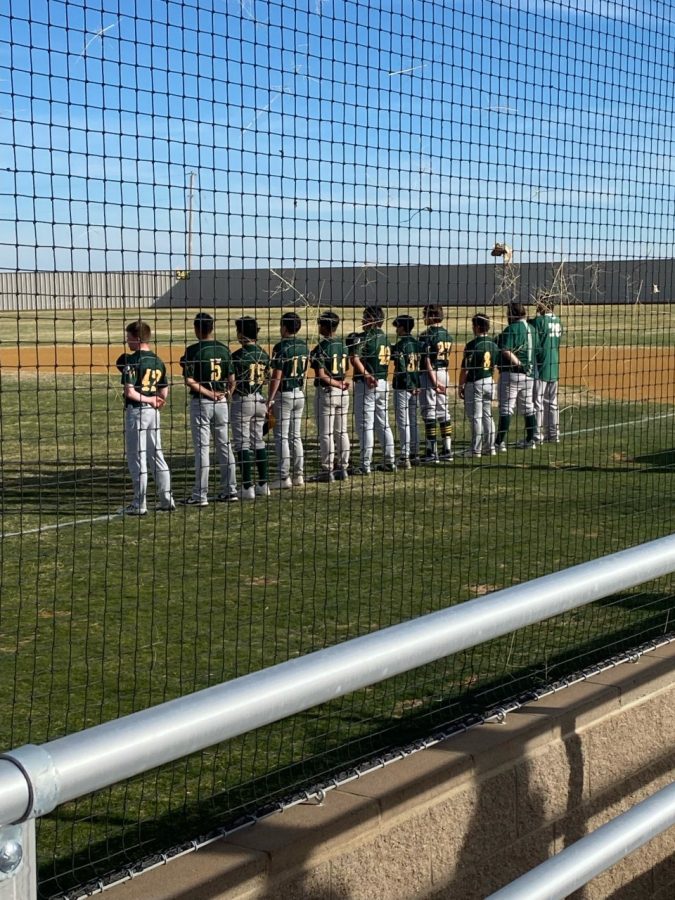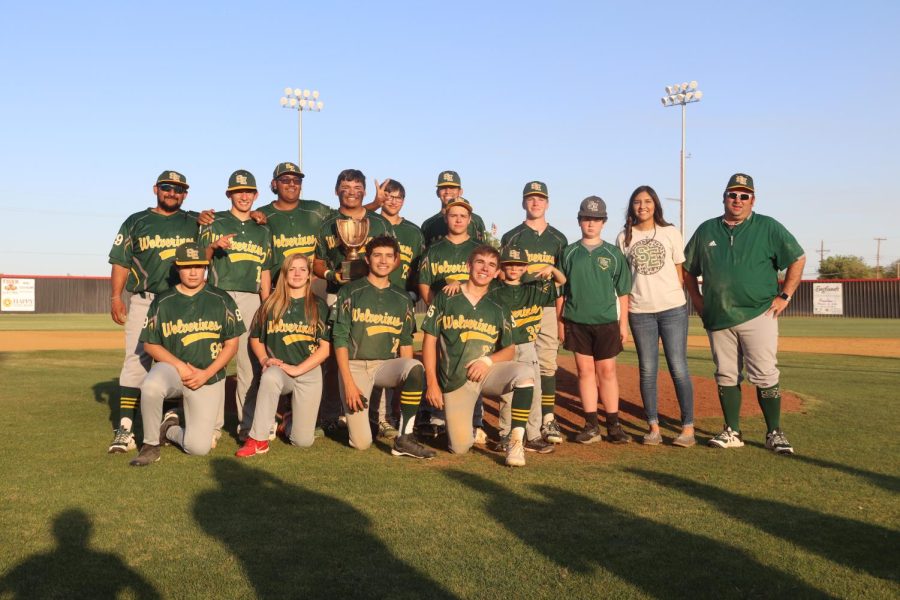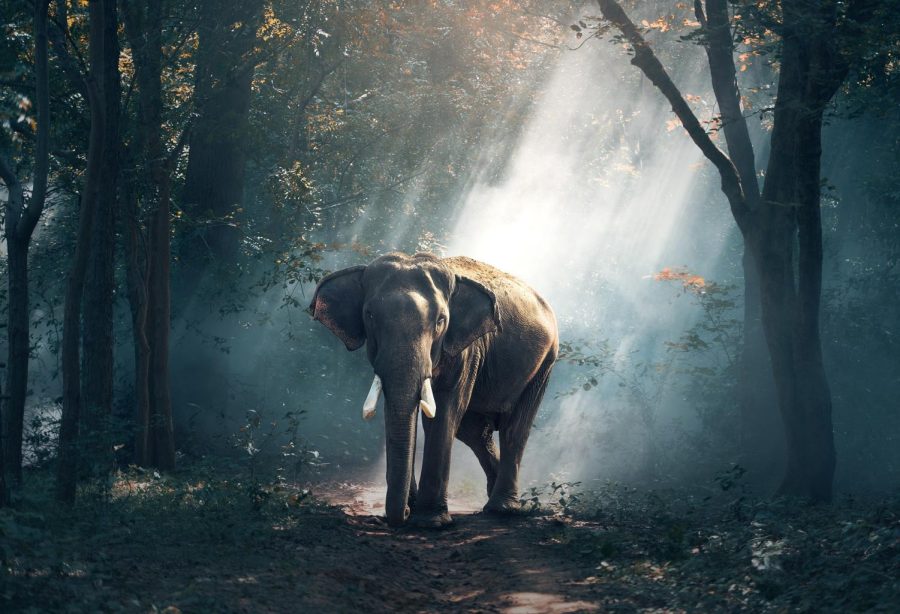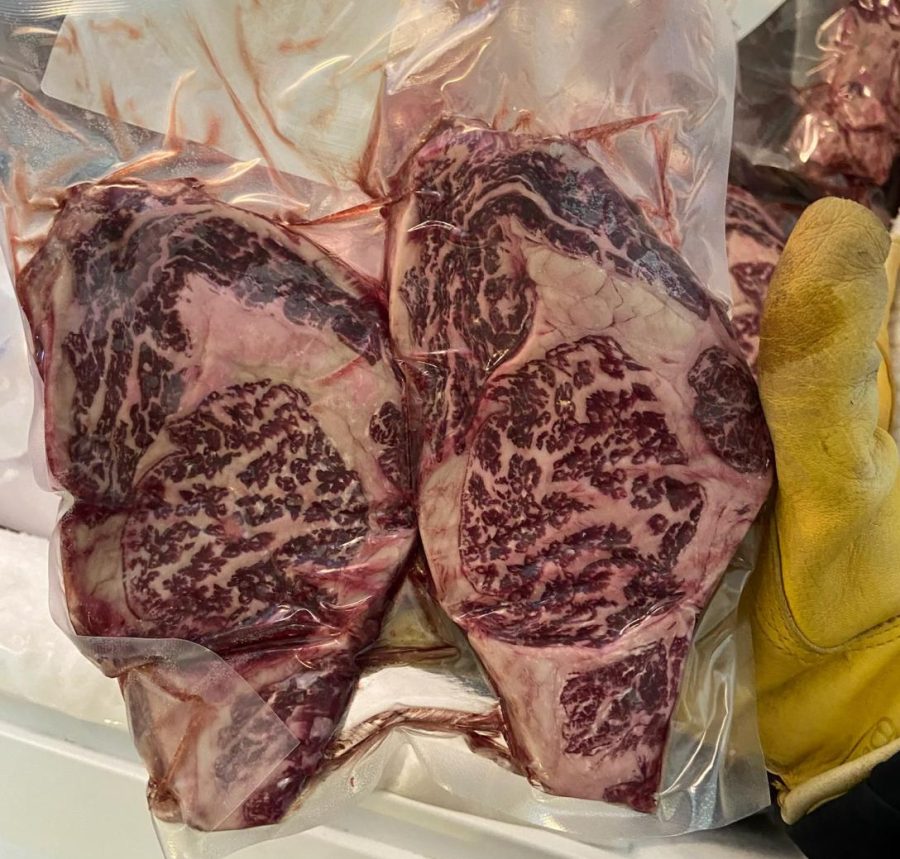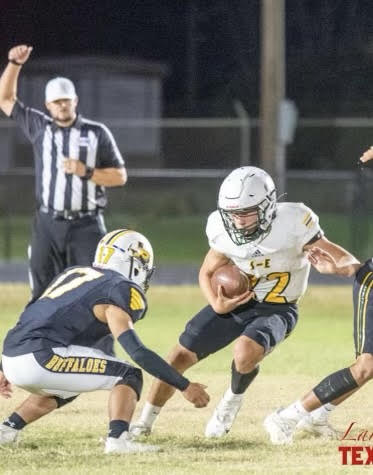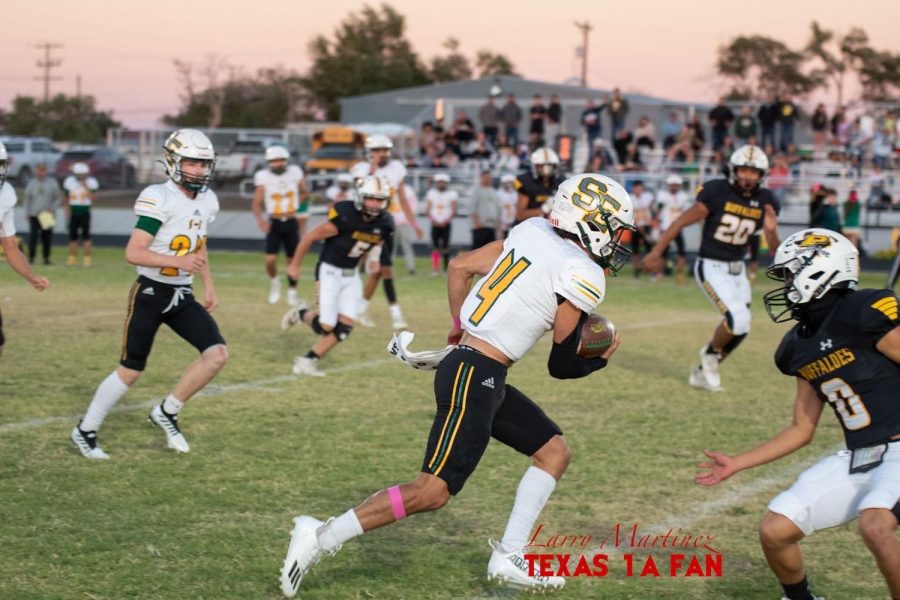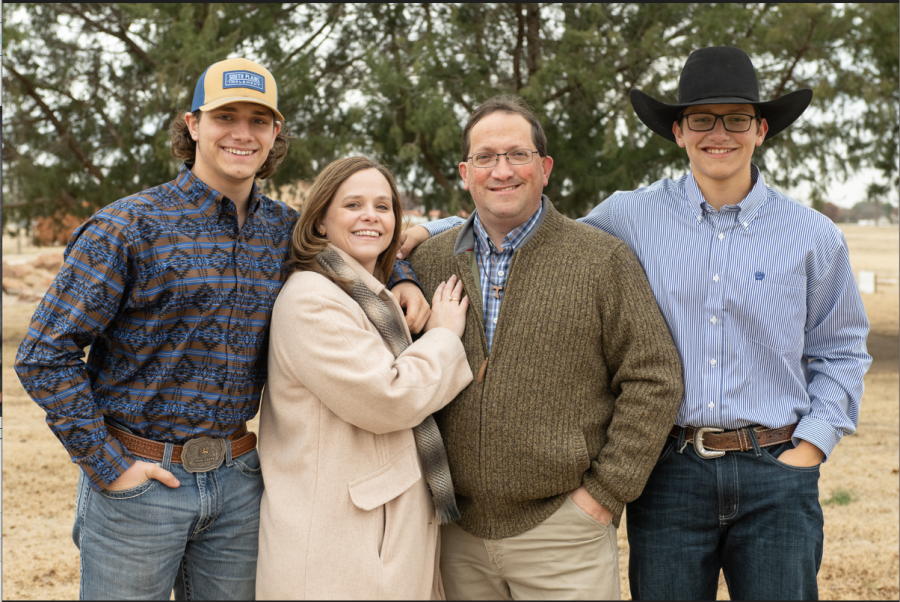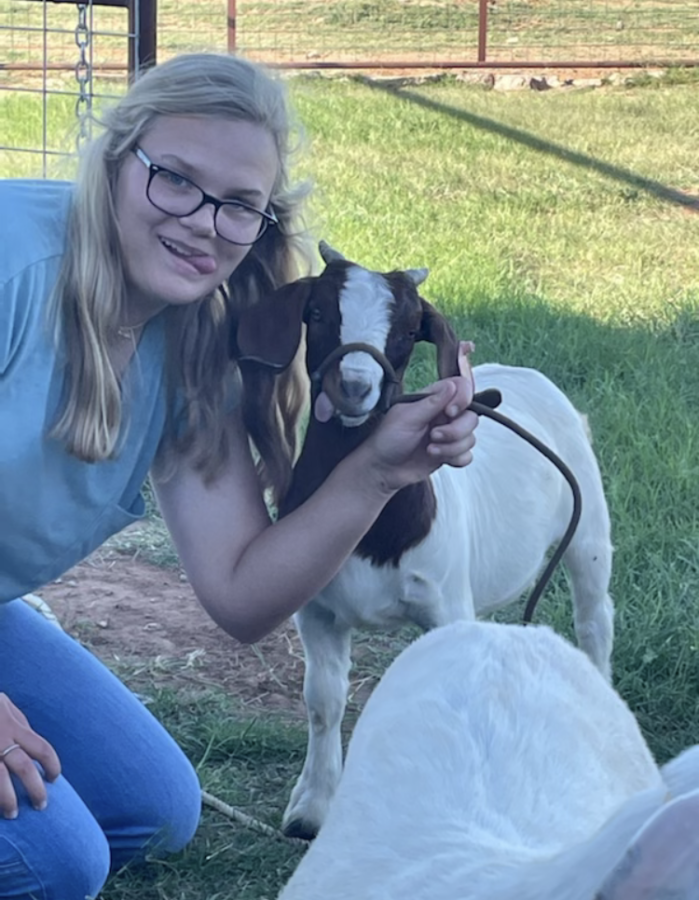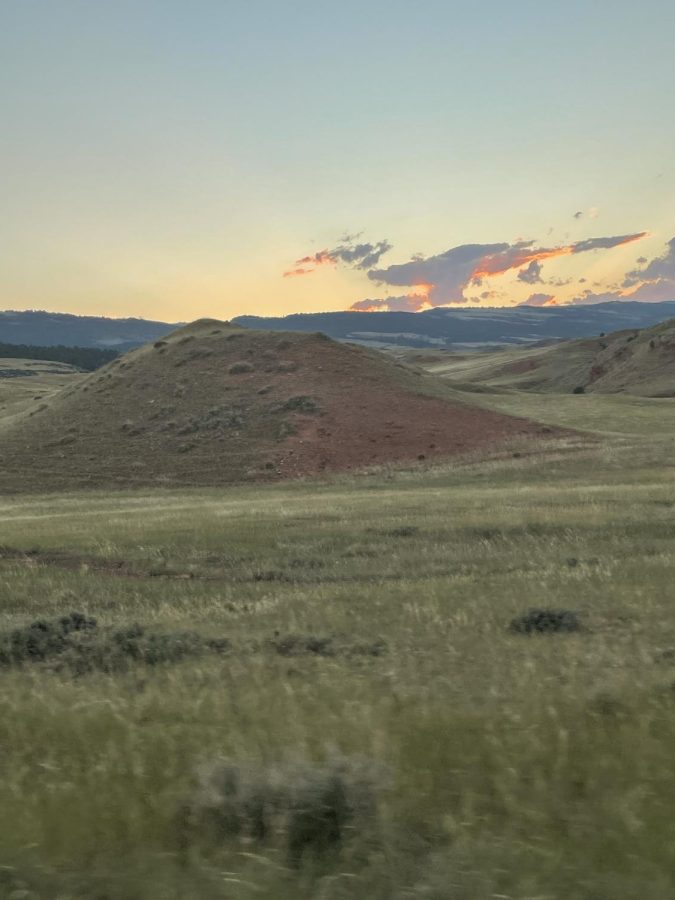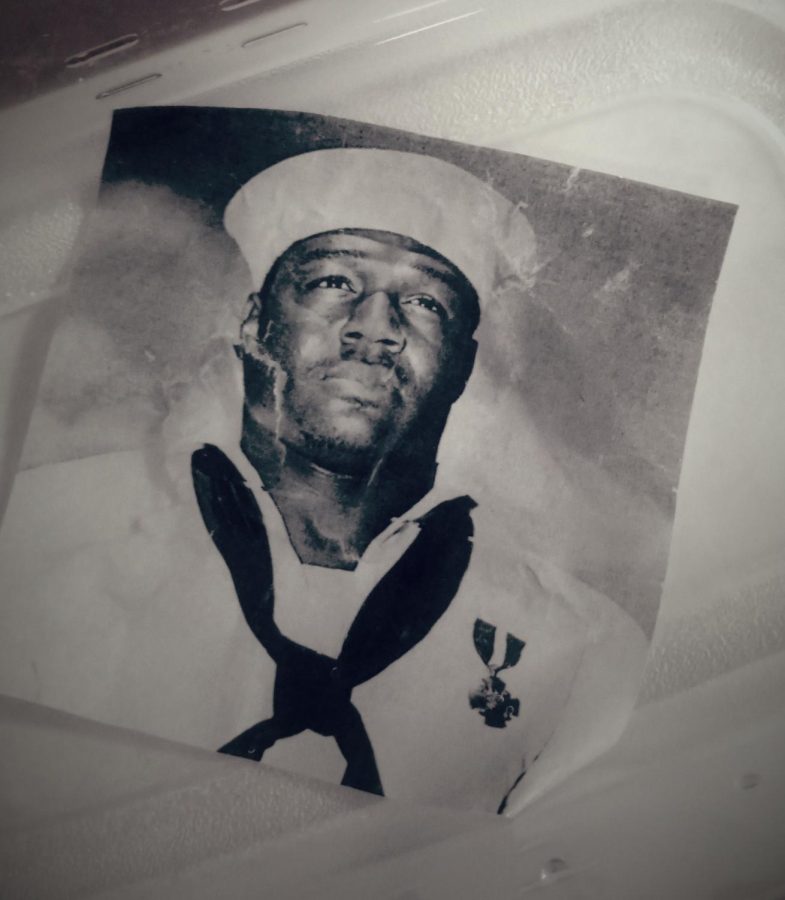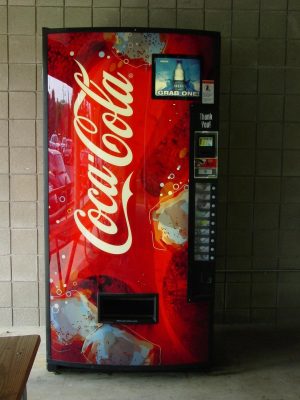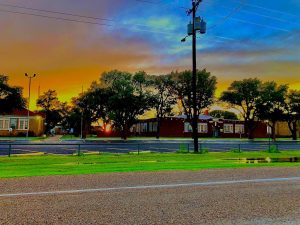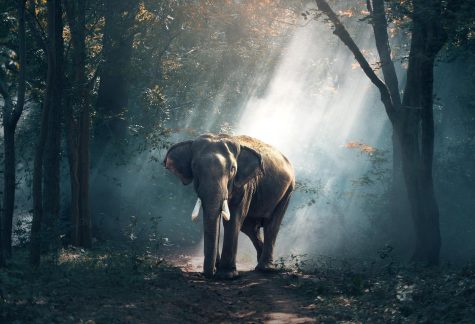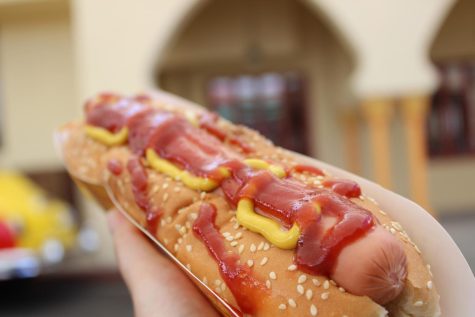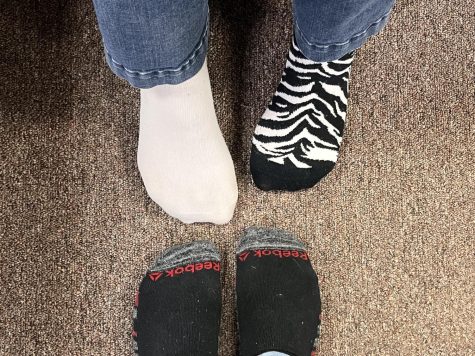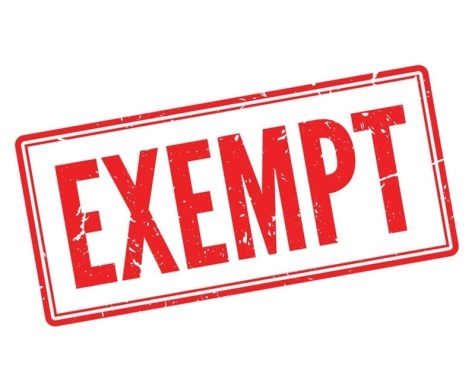Beef Packers: Unjust Monopoly or Efficient Producer?
Beef its in the Freezer
January 13, 2023
Currently, within the United States, there are four major packers that kill 80% of beef cattle. These packers are Tyson, Cargill, JBS, and National Beef.
The current packer situation is unfair, deceptive, and monopolistic.
Beef packers do not have to compete for prices because there are only four of them, this concentration gives them the ability to thoroughly manipulate the market in their favor. The packer never realized how much they could abuse this power until August of 2019 when one of Tyson’s plants burned down. This plant handled 5-6% of all beef processed in the U.S. The week of the fire live cattle prices dropped tremendously and beef prices rose. After August 9th the market never fixed itself because the packers never had to fix it. In 2020, the packer profit margin jumped 300% while cattle producers lost money and consumers were left paying for high-priced beef. Because of the packer’s concentrated set up the producers and consumers lose money.
Because the packers are so financially sound it gives the public a false comfort. America has developed an expectation that the rich will take care of the poor. The current packer situation does not support this expectation. While the packer does “give back” to communities sponsoring a few measly sports teams does not justify the fact that every year more and more small cattle producers are going out of business and not being replaced due to lack of incentive. But because the packers have a few “give back” programs they have convinced themselves and the public that they are taking care of everyone while in reality, they are hurting the producers and consumers that should be the most important to them.
Because the public has become comfortable with the packer’s deception, the packer has quit striving for competition. This lack of competition has left the American population with a monopoly in their hands. National Beef is the smallest of the “Big Four”. National is only half the size of JBS (JBS is the third largest packer, Cargill is 2nd, and Tyson is the largest). Given this, the “Big Four” is truly the Big Three. This leaves America with three companies killing a little over 70% of all fed cattle. Because of the lack of competition, profits fail to get passed to producers.
The packer argues that their level of concentration is okay because it creates tremendous efficiencies. Even if the packer is able to make unthinkable amounts of money due to their lack of competition, this lack of competition does not only hurt the producers, it will eventually hurt the packer. Established beef producers are disincentivized to continue in the cattle business and new producers do not have the equity to take on the cattle industry. This will eventually lead to cattle numbers becoming diminished, causing a lower supply that creates a higher cost which will be passed to the consumer. The packer’s efficiencies do create more profits but because of the lack of competition those profits fail to get passed to producers. So, like a frog in boiling water the producer is not aware of the danger to come and is comfortable swimming around in the pot that will lead to their death. This comfort has the ability to wreck the cattle industry as a whole.
The situation the packers have put themselves in is not fair to the producer or consumer, the situation is deceptive to the point that the entire industry is not aware of the dangers we have put ourselves in, and this monopoly has the potential to demolish an entire industry. As Americans it is our job to know the dangers threatening the people in our nation. As consumers, it is our job to understand where our food comes from. As agriculturalists, it is our job to do all we can to voice the truth and fix the entities that threaten our industry.













